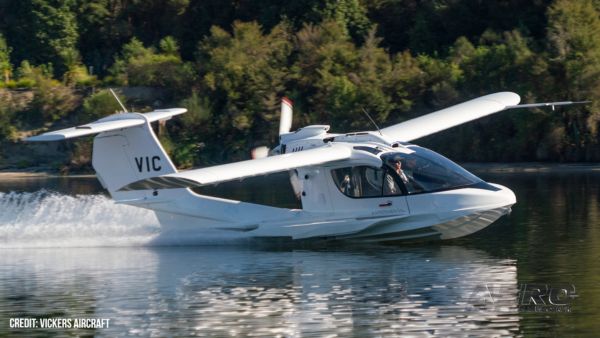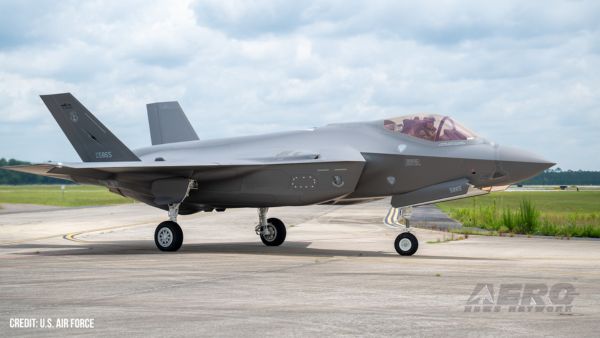Fri, Jan 07, 2022
Airplane Then Made A Tight Left Descending Turn Followed Immediately By A Hard Right
Location: Houston, TX Accident Number: CEN22FA067
Date & Time: December 8, 2021, 19:57 Local Registration: N3865K
Aircraft: Piper Aircraft PA 28-140 Injuries: 2 Fatal
Flight Conducted Under: Part 91: General aviation - Personal

On December 8, 2021, about 1957 central standard time, a Piper PA 28-140 airplane, N3865K, was destroyed when it was involved in an accident near Houston, Texas. The student pilot and passenger were fatally injured. The airplane was operated as a Title 14 Code of Federal Regulations Part 91 personal flight.
There were no witnesses to the accident. Radar indicated the airplane departed the West Houston Airport (IWS) about 1955 and proceeded generally south-southwest. About 1.5 miles later the track showed a slight descending left turn and the groundspeed of the airplane increased. The airplane then made a slight right turn; during which, the airplane climbed and the groundspeed decreased. The airplane then made a tight left descending turn followed immediately by a hard right descending turn. The airplane descent increased before it went off radar.
The airplane was found the next day about 2.5 miles south of the airport in a heavily wooded area. The debris path was about 50 ft long on a heading of 320°. The first identified points of impact were a few topped trees, followed by a portion of the outboard right wing. Several more trees were topped descending toward a large impact crater in the soft dirt. The airplane came to rest nose down just beyond the crater; it was the last major piece of debris.
On the day of the accident, the sunset at 1723, and civil twilight ended at 1749. About the time of the accident, the sun was greater than 32° below the horizon, and the moon was about 24° above the horizon. The phase of the moon was a waxing crescent with 29% of the moon’s disk illuminated.
Satellite imagery indicated an area of low stratus and/or fog in the vicinity of the accident site. The national weather service had also issued an AIRMET for instrument flight rules conditions over the Houston area, due to visibility below 3 miles, mist, and fog.
More News
“We have seen astounding demand for the G800, and the entire Gulfstream team is excited to begin making deliveries to our customers. The G800 is entering service with extraor>[...]
Aero Linx: Recreational Aviation Australia (RAAus) Recreational Aviation Australia is progressively working towards improving safety outcomes through a holistic approach to safety >[...]
Classic Klyde Morris From 11.07.16 (and Remembering Bob...) FMI: www.klydemorris.com>[...]
Also: GADFLY AI-Driven Engine Analysis, Knockoff Iranian Drones, Russian Surveillance, 40 NASA Missions Chopped This year’s Zenith Homecoming event will soon be taking off at>[...]
Also: H55 Completes American Tour, Robinson Trade-Ins, Retired AV-8B Harrier, NS-35 Mission Organizers of the iconic annual Air Race Classic will soon be opening registration for t>[...]
 Aero-News: Quote of the Day (08.28.25)
Aero-News: Quote of the Day (08.28.25) ANN's Daily Aero-Linx (08.28.25)
ANN's Daily Aero-Linx (08.28.25) Classic Klyde Morris (08.25.25)
Classic Klyde Morris (08.25.25) Airborne 08.25.25: Zenith Homecoming, VP Racing, Affordable Flying Expo 2025
Airborne 08.25.25: Zenith Homecoming, VP Racing, Affordable Flying Expo 2025 Airborne 08.22.25: ARC Spinoff, Nat'l Championship Air Races, Hawkins Accident
Airborne 08.22.25: ARC Spinoff, Nat'l Championship Air Races, Hawkins Accident



